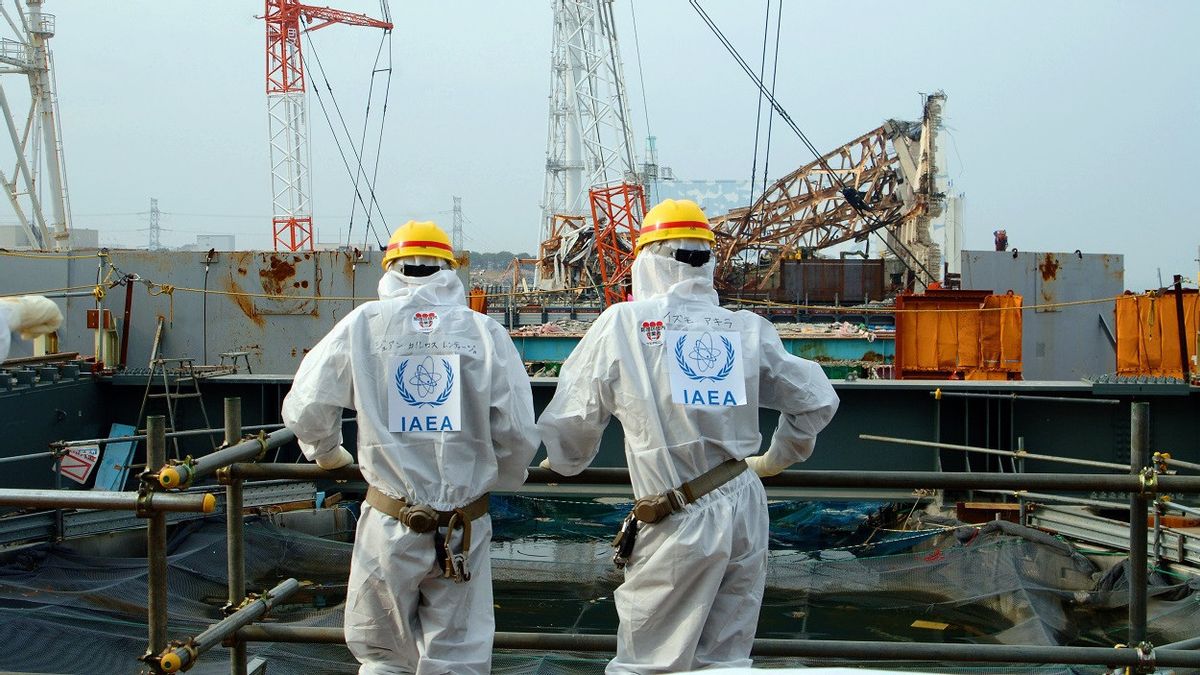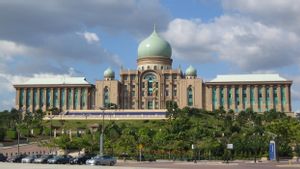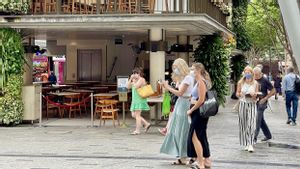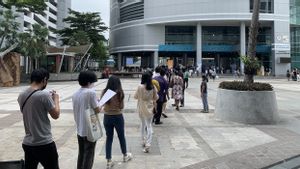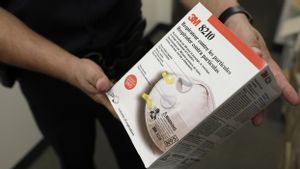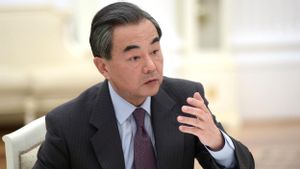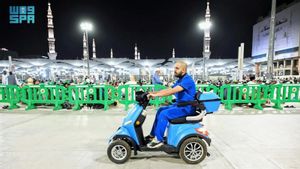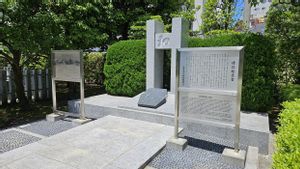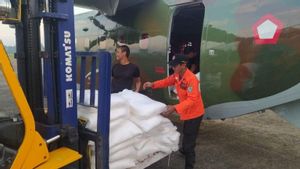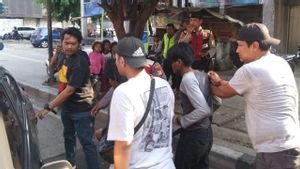JAKARTA - Cesium, a radioactive chemical, has been found in honey collected near Fukushima in amounts greater than Japan's national health standard, raising concerns about food safety in and around the city.
Honey produced by a local beekeeping cooperative in Namie Township, Fukushima Prefecture, contains 130 to 160 becquerels (bq) of the chemical per kilogram.
This is as stated in a report by the Japanese daily news outlet Yomiuri Shimbun on July 23. This amount exceeds the country's national standard of 100 bq.
The radioactive chemicals are believed to have originated from the Fukushima Daiichi nuclear disaster in 2011, where the reactor at the Fukushima Daiichi nuclear power plant in Okuma in the prefecture, was damaged by the Tohoku earthquake and tsunami.
The accident caused three nuclear leaks and the release of radioactive contamination at the plant's three reactors. Radiation is then released into the air and large quantities of water contaminated with radioactive isotopes are released into the Pacific Ocean, cited from the Korea Times Thursday, July 29.
Namie itself is 12.7 kilometers north of the disaster site. The cesium from the disaster is believed to have spread to the township via the northwest wind.
The Yomiuri Shimbun said for the first time cesium was found in honey from Fukushima in amounts that exceeded national health standards. The newspaper added that at least 1.400 products containing honey have been sold at train stations and shops in the prefecture since last June. The city government said it would recall the products, the report said.

The findings came after the government of Japanese Prime Minister Yoshihide Suga repeatedly assured the public that food products from Fukushima were safe for consumption, in order to reduce international concern, especially from the Korean national team, since before the opening of the Tokyo Olympics on July 23. South Korea is known to actively highlight plans to discharge radioactive water from Fukushima into the high seas.
Despite the efforts of the Japanese government, several countries participating in the Tokyo Olympics decided to supply their national athletes with food cooked with ingredients from their home countries, rather than local dishes provided by the Japanese Olympic organizers.
The Athletes' Village in Tokyo has two eateries. One of them reportedly used foodstuffs from Fukushima as well as Iwate and Miyagi prefectures. Knowing this, the Korea Sports and Olympic Committee rented a hotel near the Athletes Village and sent 24 nutritionists and chefs to prepare meals for Korean athletes starting July 20.
SEE ALSO:
The United States also revealed its plans to cook more than 7.000 specialty meals for its athletes with its own ingredients, weighing a total of more than 32 tons, according to local reports. However, the US Olympic and Paralympic Committee did not specify why it was due to concerns about radioactive contamination.
Japan points the finger to countries other than Korea for such food preparation plans for its athletes. Japan's Minister for the Tokyo Olympics and Paralympics, Marukawa Tamayo, told a press conference on July 20 that Korea should not ship materials produced in Korea, because local products in Fukushima are safe. Japanese media outlets and lawmakers also criticized Korea for not using local Japanese ingredients.
The English, Chinese, Japanese, Arabic, and French versions are automatically generated by the AI. So there may still be inaccuracies in translating, please always see Indonesian as our main language. (system supported by DigitalSiber.id)
